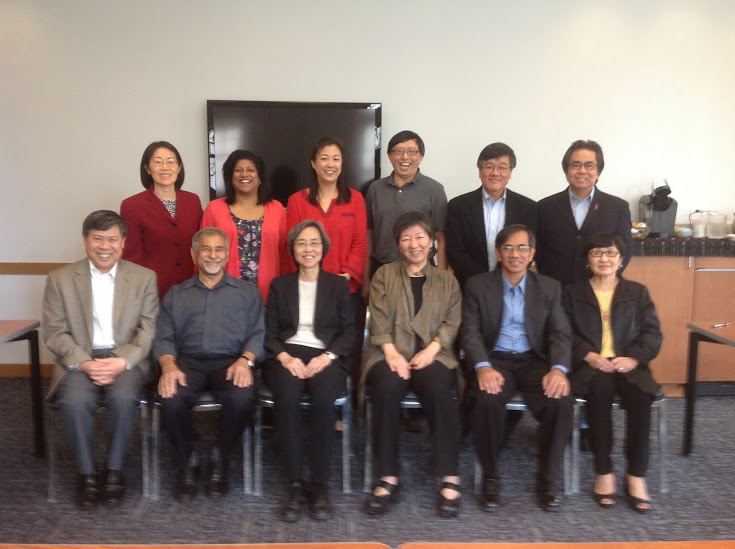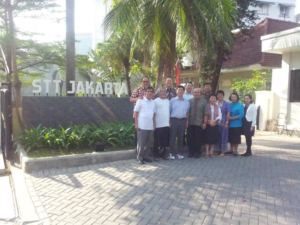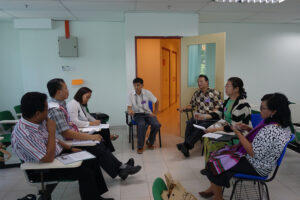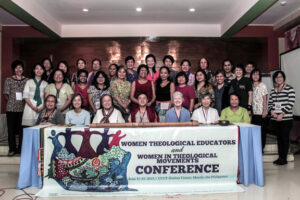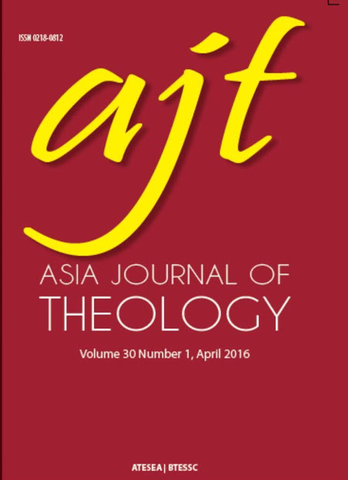AFTE Consultation provides forum for discussion
The Asian Forum on Theological Education (AFTE) held a consultation on how to create a better working relationship among the major theological associations in Asia at SATRI in Kolkata, India on February 24-25, 2015.
Dr. Limuel Equina, ATESEA Executive Director, joined representatives of the Senate of Serampore College (SSC), the Board of Theological Education of the Senate of Serampore College (BTESSC), Asia Theological Association (ATA), Ecumenical Theological Education/World Council of Churches (ETE/WCC), Program for Theology and Culture in Asia (PTCA), and Foundation for Theological Education in South East Asia (FTESEA) for this meeting.
The discussion in this AFTE meeting was a continuation of that which started during its consultation in Valenzuela, Philippines last year.
The Kolkata meeting was focused on looking for concrete steps of building the relationship primarily between ATA and the Senate of Serampore College (SSC) and other members of AFTE.
For future cooperation, the participants agreed on the following:
1. The leadership of the Senate of Serampore and ATA should come up with concrete proposals/guidelines of cooperation keeping in mind the past heritage, present realities of the churches, and training of future church leaders.
2. Consultation/workshop/study process should be organized by the Senate of Serampore, inviting ATA India leaders to participate. Results should be reported to its board before the next AFTE meeting in 2016. Dr. HS Wilson was requested to facilitate the process.
3. A working group will prepare a consultation on “Resource Sharing” which is the main concern of the AFTE meeting in 2016. The members of the working group are Huang Po Ho, Mohan Larbeer, Limuel Equina, Takanori Kobayashi, H.S. Wilson, and Ekue Amele.
AFTE consultation provides forum for discussion ATESEA members and other educational decisions such as learning assessment, curriculum development, and teaching-learning strategies, to name a few.
However, the ASEAN Integration can potentially boost the ATESEA’s efforts of promoting Academic Excellence, Contextuality and Inter-Contextuality, and Community and Diversity across the barriers of race, cultures and genders through sharing of resources among the member schools. This is a stop gap to the individualistic and self-absorbed model of education that encourages competition.
With all the promises for a better Asia, but also reservations surrounding the upcoming ASEAN Integration, the ATESEA’s on-going initiatives provide the member schools the needed preparation for all the challenges and opportunities of theological education in Asia.
After all, ATESEA has been encouraging cooperation among its stakeholders with the aim of establishing an Asian community that affirms the God-given resources in the region.

